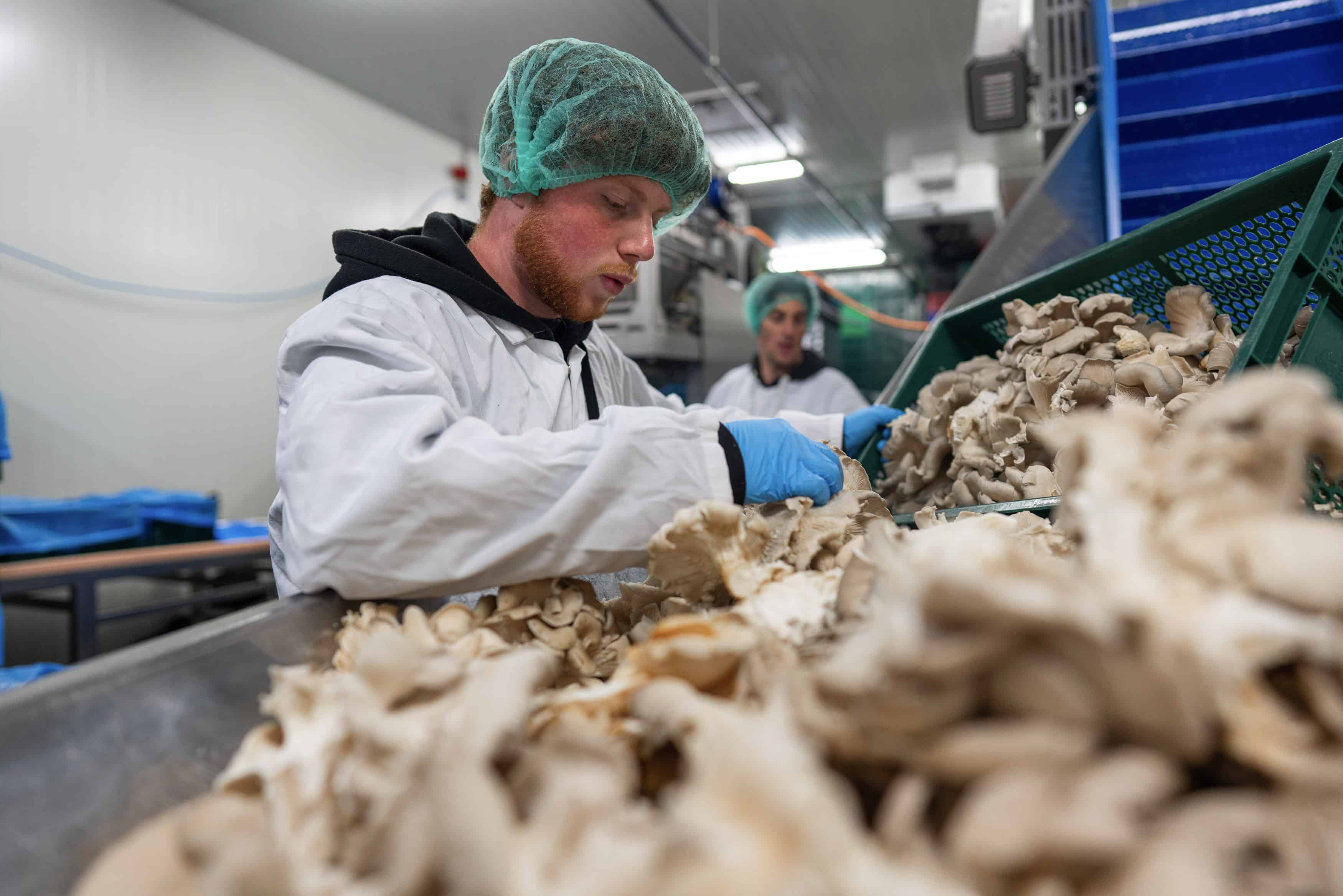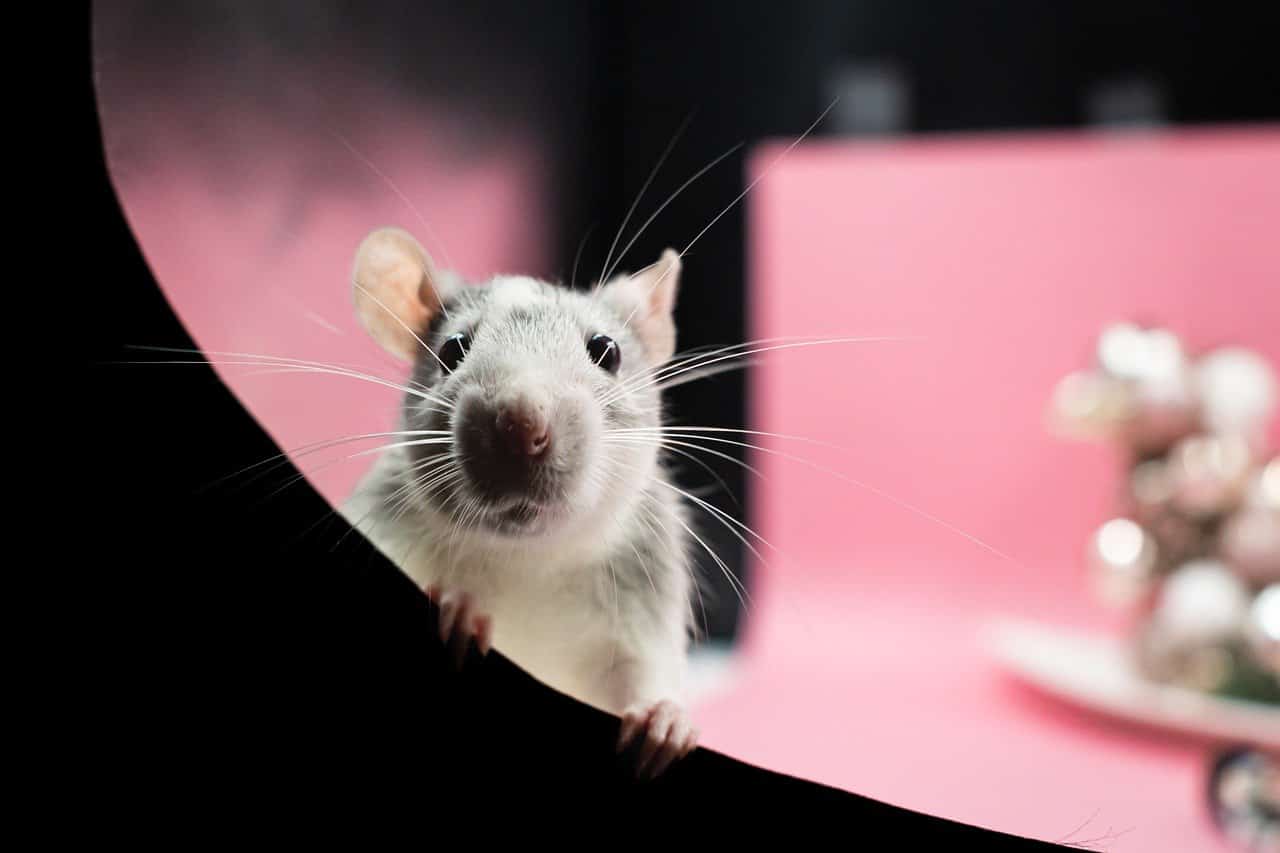
It’s no surprise that the Dutch love making and eating cheese. It is said that one of the first cheese markets in the world was held in the Dutch city of Alkmaar in 1365. But for every kilogram of cheese produced today – and The Netherlands produces around 650 million kilograms each year – approximately 10 litres of milk are needed. As farmers, food producers and consumers become more aware of the carbon footprint the dairy industry causes, innovative and dairy-free alternatives are growing in popularity. Willicroft is an Amsterdam-based cheese company that substitutes milk with cashew nuts to produce cheese products. This alone has reduced Co2 emissions by two and half times (compared to dairy products) and the start-up isn’t stopping there.
Willicroft is also exploring the use of white beans as a base ingredient for their cheese. Locally sourced white beans could reduce C02 emissions of cheese products by 25-30 times.
Founder Brad Vanstone’s mission is to make plant-based cheeses that are not only good for the environment, but tastes as close to the real thing as possible. He believes this is key to creating a viable long-term market. What better place to start than in the cheese-loving country of The Netherlands? So, Vanstone began Willicroft, inspired by his grandparents who had been British dairy farmers for more than 60 years.
What lessons can entrepreneurs learn from multi-generational businesses?
I think there are many things that are similar. The keys to success are the same – dedication, partnerships, and real love and passion for what we’re doing.
How are the plant-based cheeses of Willicroft made?
We always start by looking at the dairy cheese we are reproducing. The process and the nutritional value involved in it. From there we look at plant-based ingredient bases that are of a similar composition. This gets us 60% of the way there. Then it’s a case of trial and error and calling upon our ever-increasing ingredient pool.
How would you describe your cheese compared to the real thing?
Our mission is to create plant-based cheese for dairy cheese lovers. Our benchmark is dairy cheese and we are therefore reproducing it in its entirety. Cheese is the final stumbling block for many people adopting a plant-based diet. People shouldn’t feel like they need to make a sacrifice and they will never have to when eating a Willicroft product.
How big is the market in The Netherlands and globally?
Compared to plant-based meat and milk, it’s in it’s relative infancy. That’s all about to change though. Dairy cheese is worth €1.6bn in The Netherlands currently with the global cheese market set to be worth €148 billion by 2023. Plant-based cheese is expected to be worth €3.6bn in value by 2024. Although we do predict that these projections are very conservative.
What is your business plan for Willicroft cheese?
I prefer to talk about our environmental plan rather than our business plan as without it the business plan is irrelevant. Our environmental plan is to source our supply chain as close to our production site as is feasible. We want to measure the impact of each product so that we can continue to make better and more informed decisions. Finally, we want to work with farmers to grow our base ingredients on former dairy land.
Can you talk about the cost and profit margins of the product?
Our margins are pretty standard for the food industry but at this stage our cheeses cost more than the dairy cheeses they’re replacing. This is due to 3 reasons. Firstly, most of the food we buy doesn’t cost what it really should. Whereas we charge the real price taking into account fair salaries for our suppliers and a self-set carbon tax for our emissions. The main base of our ingredients is currently cashews which are costly. We’re therefore moving to a more local base ingredient that will not only cut our emissions but also significantly lower our prices. Finally, as we grow we’ll be able to benefit from the economics of scaling-up which in turn will lower our costs again.
‘If we are to survive as a species, we have to make drastic changes to the way we eat’
What marketing ideas are working well for you?
When you live and breath your values and make impact a key cornerstone of your business, you don’t really have to do much marketing. As long as we remain true to ourselves, make environmental decisions over business ones, are transparent about our decision making and keep making delicious products the marketing will take care of itself.
How can traditional dairy-based industries collaborate better with plant-based producers?
This is certainly how the media and many plant-based and dairy producers perceive the relationship. There’s generally the assumption that dairy and plant-based producers are worlds apart. On the surface that might appear to be the case, but when you dig a little deeper everything is situation-based and the reality is, most of us are just trying to do our best with the cards that we’ve been dealt with.
Knowing the values my grandparents held dear, I think they’d be on exactly the same path if they were in my shoes today. Farming is in my blood and it will remain front and centre to what we do at Willicroft. We need to work with, not against, those who have put food on our table generation after generation. That may require us to reimagine what farming looks like yet it won’t change the importance of their roles.
You can read more IO articles about start-ups here.








